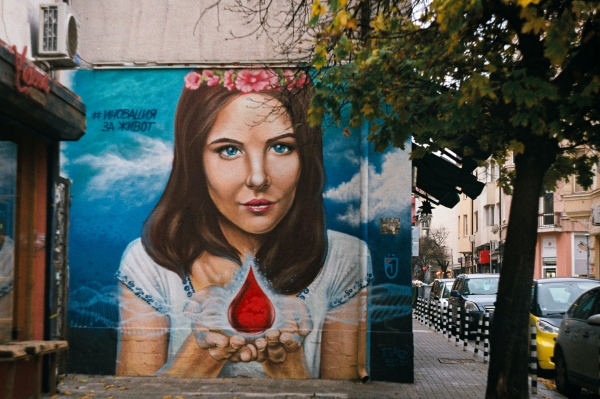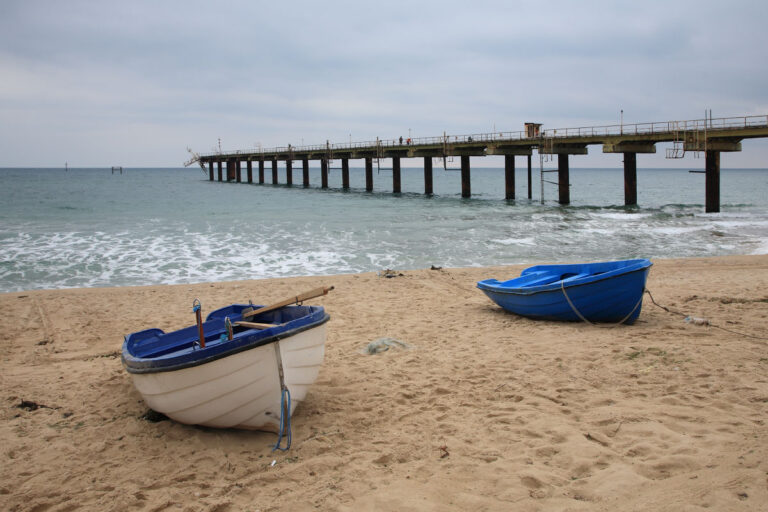Applying to universities in Bulgaria
You should apply directly to your chosen Bulgarian university. Most Bulgarian universities require international applicants to provide copies of relevant documents, which may include a diploma or certificate proving successful completion of the previous stage of education, a medical certificate, a valid passport or ID, and an English language test result (if studying in English).
Some universities may ask you to sit an exam to test your Bulgarian or English language skills (depending on the language you intend to study in). If you fail this exam, you may have the option to enroll in a year-long preparatory course studying either Bulgarian or English.
The deadline for applying to universities in Bulgaria is usually 30 September in the year before the course commences for English-taught courses, or 15 September for courses taught in Bulgarian. However, this may slightly vary from institution to institution.
Visas to study in Bulgaria
European Union citizens do not need a visa to study in Bulgaria. All that is required is a valid passport or ID and you’re good to go! However, if you’re staying longer than three months for your studies, you’ll need to register with the police and present proof of your student status. You’ll then receive a national identity card and temporary residence lasting up to five years.
If you come from a non-EU country, you will need to apply for a Bulgarian student visa (D-type), which you can apply for either online or in-person at your nearest Bulgarian
The documents you need may vary depending on your nationality, so for full details, you should check with your Bulgarian embassy. However, the usual documents needed are:
- Acceptance letter from a Bulgarian university
- Photocopy of your passport, which should be valid for at least one year after your intended period of study ends
- Valid health insurance
- Bank document showing that you’ve paid the necessary upfront payment on tuition fees (typically half of an annual fee)
- A recent passport-sized color photograph, with a white background
- Photocopies of any previous visas you’ve had for travel to Bulgaria, the US, or the UK, if applicable.
- After you arrive in Bulgaria, you must apply for a residency permit, which costs BGN 500 (~US$285), is valid for one year, and is renewable every year during your studies. An application for a residency permit can only be submitted after you have fully enrolled at university.
Fees and funding
Tuition fees are relatively low in Bulgaria. StudyinBulgaria.com estimates average fees of €2,900-8,000, with medical degrees at the higher end of this spectrum. A one-year preparatory course in English or Bulgarian costs around €2,500 (~US$2780).
EU/EEA and Swiss students of all study levels are eligible to apply for the Bulgarian tuition fee loan, and Bulgarian universities may offer scholarships to help overseas students fund their studies.
Living costs are cheap in Bulgaria, especially in comparison to other study destinations. Your living costs, including accommodation, transport, food, and other expenses, are likely to amount to about US$7,200 per year (estimate based on the average monthly costs in euros here) – though you may wish to budget more depending on your lifestyle, spending habits, and city. Rent will be your biggest monthly expenditure – most students live on campus but if you prefer to rent privately, this will cost at least €100 a month (~US$110).
This article was curated from Top Universities. Featured Image Credit: Image by rawpixel






